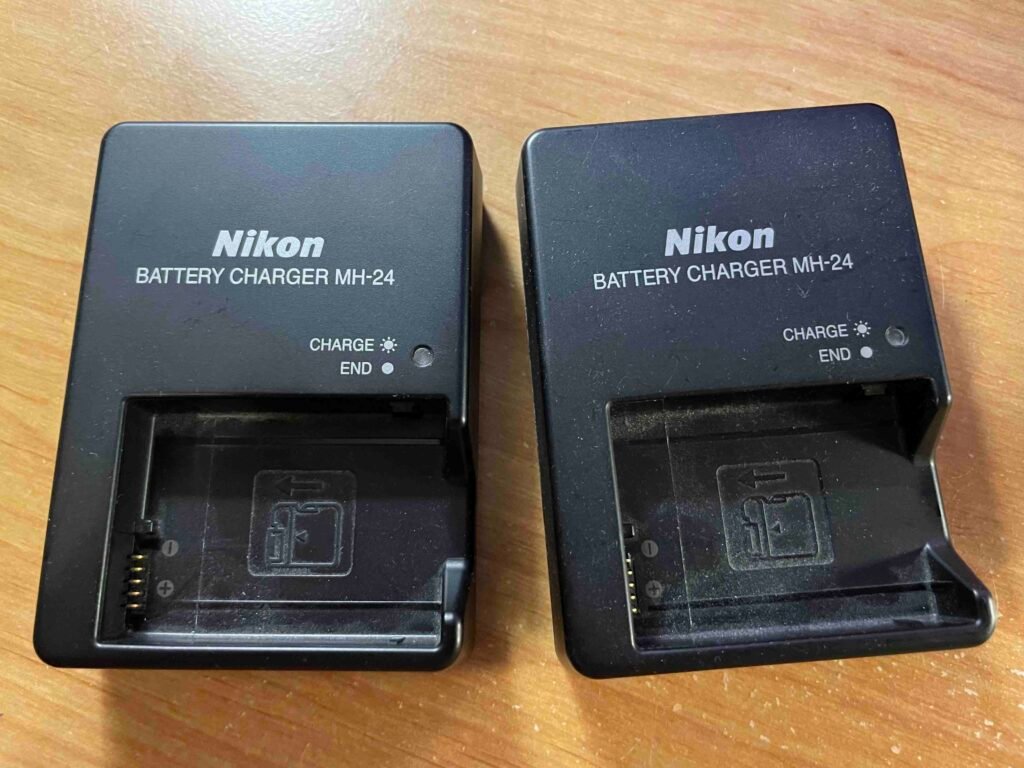Mentions of ‘play’ or ‘on/off’ on appliances could be banned under language legislation
Costs and inconveniences associated with the implementation of Quebec’s Bill 96 could “significantly impact” cross-border trade, while forcing some manufacturers to avoid Quebec altogether, an association representing manufacturers’ interests is warning.
The extended regulation of the language of commercial signs could lead to the disappearance of popular products in Quebec, according to the International Trademark Association (INTA), as well as other stakeholders doing business in the province.

The INTA is just one of several trade groups and businesses with a stake in Quebec that issued statements to their clients on the impact of Bill 96 since the beginning of its phased implementation over the past two years.
French as common language
Bill 96 was officially passed in May 2022 by the Quebec National Assembly. Officially known as “An Act respecting French, the official and common language of Québec,” it recognizes French as the common language of the province.
Among the various requirements set out by the legislation, businesses based outside Quebec, but operating with customers in the province, will be required to provide French translation to the same quality as any English-language content and communications.
Among the more controversial of the requirements is one that would force product manufacturers to draft inscriptions on operational buttons in French if those products are to be sold in Quebec. The legislation proposes to add French requirements for any usage instructions which are engraved, baked or inlaid into a product.
Fines to rise exponentially
Bill 96 sets out monetary penalties for non-compliance. For a first offence, for example, fines have been raised from $3,000 to $30,000 (from a previous maximum of $20,000). Further offences could lead to the penalties being doubled or even tripled.
“Bill 96 compliance could force significant rebranding, creating opportunities for counterfeiters and potentially harming consumers through confusion and price increases,” the INTA warned in an industry update published in February.
Bill 96 sets out monetary penalties for non-compliance
They added that large-scale packaging changes could easily cost between $20,000 to $100,000 US per product, and that “some companies may find it economically unfeasible to continue selling products in Quebec.”
In an explanatory note to its legal clients a month after the passing of Bill 96, the international law firm Dentons outlined situations that could now violate Bill 96. Whereas products sold in Quebec (as well as their packaging and instructions for use) previously had to be in French, now the French Language Charter is more specific.
Businesses plead for leniency
“For instance: Your product comes with instructions for use that are printed in English but the French version is only available online,” Dentons says. “Or perhaps the French version is harder to find online than the English version. These situations could violate the Charter.”
Last month, the Retail Council of Canada (RCC), the Conseil du Patronat du Québec, the Quebec Hardware and Building Supply Association, the Quebec Manufacturers and Exporters, the Canadian Federation of Independent Business and the Federation of Chambers of Commerce of Quebec issued a statement in which they asked the CAQ government to take a serious second look at Bill 96’s measures.

“The government had promised a three-year deadline for the implementation of rules which, to date, have still not been adopted,” they stated.
No more ‘Play’ and ‘on/off’
They maintained that the new rules on commercial signage would force businesses to make changes that would be difficult to put in place on relatively short notice. The deadline for compliance with Quebec’s new regulations is June next year.
After then, any mention of “on/off” on an electronic or household appliance button would be banned under the provisions of Bill 96, as would be “play” on any kind of media player.
The signatories of the statement worried that if consumers in Quebec can no longer find the product they are interested in at a retailer in the province, they may turn to online stores and buy what they need at non-Quebec websites, which aren’t subject to Bill 96’s regulations.



